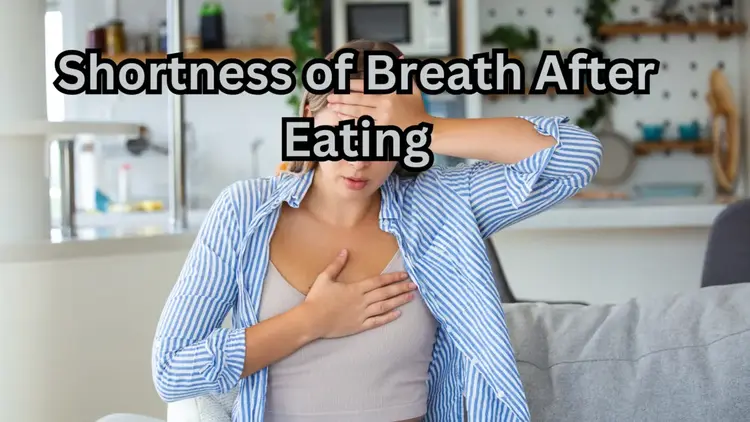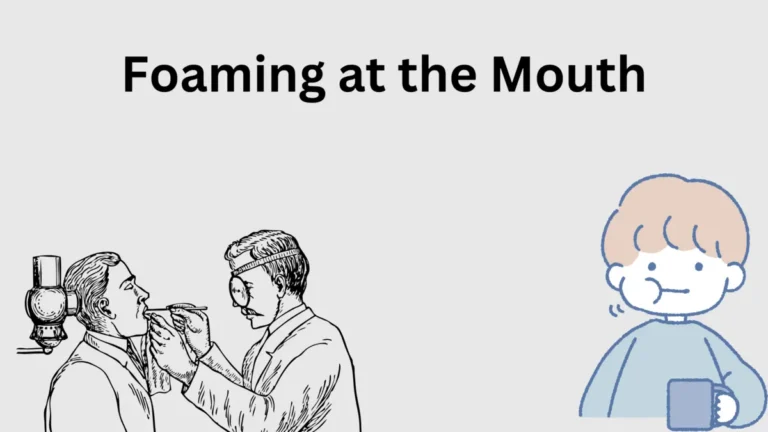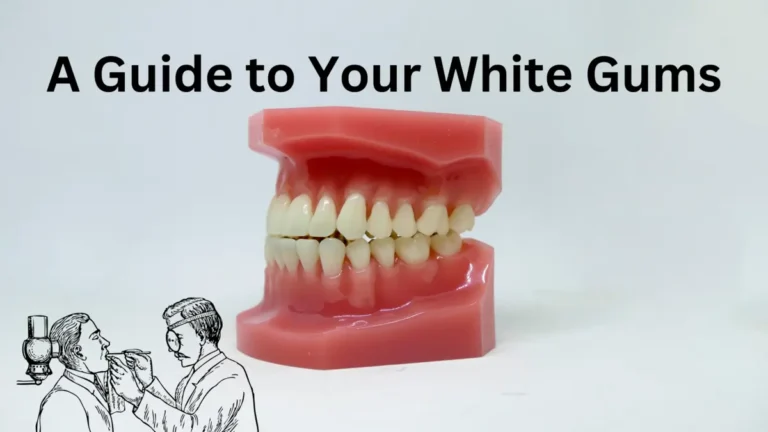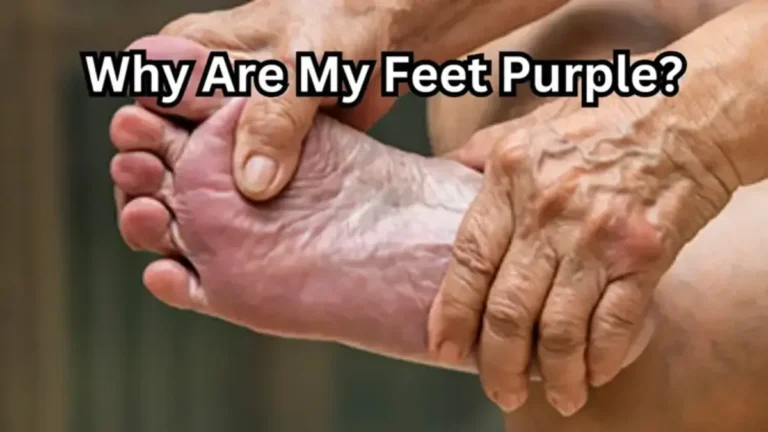10 Causes of Dyspnea or Shortness of Breath After Eating
Feeling shortness of breath after eating can be unsettling and uncomfortable. This condition, medically known as dyspnea, can occur due to various reasons, ranging from simple overeating to more serious health conditions. This article’ll explore the causes, symptoms, and remedies for shortness of breath after eating, along with tips to avoid it.
What is Dyspnea or Shortness of Breath?

Dyspnea, or shortness of breath, is a sensation of difficulty in breathing. It can feel like you’re not getting enough air, and it may occur during or after eating. While it’s often temporary, it can sometimes indicate an underlying health issue.
Why Do I Experience Shortness of Breath After Eating?
Shortness of breath after eating can happen due to several reasons. Some common causes include:
- Food Allergies or Intolerances: Allergic reactions to certain foods can cause swelling in the airways, leading to difficulty in breathing.
- Rapid Eating: Eating too quickly can cause you to swallow air, leading to bloating and pressure on the diaphragm.
- Large Meals: Overeating can put pressure on the diaphragm, making it harder to breathe.
- Acid Reflux or GERD: Gastroesophageal reflux disease (GERD) can cause stomach acid to rise into the esophagus, irritating the airways and causing shortness of breath.
- Chronic Obstructive Pulmonary Disease (COPD): People with COPD may experience worsened breathing after eating due to increased pressure on the lungs.
- Anxiety: Stress or anxiety can trigger shallow breathing, especially after meals.
- Obesity: Excess weight can put pressure on the chest and lungs, making breathing difficult.
- Hiatal Hernia: This condition occurs when part of the stomach pushes into the chest cavity, causing breathing difficulties.
If you want to lose your fat by using peptides, you can read our detailed article about Peptides for Weight Loss here.
What Does Shortness of Breath Feel Like?
It can feel like:
- Tightness in the chest
- Difficulty taking deep breaths
- A sensation of suffocation
- Rapid or shallow breathing
- Wheezing or coughing
You can read a detailed guide about Cataract surgery cost in Singapure here.
Common Causes
Here’s a detailed look at some of the most common causes:
1. Food Allergies
Food allergies can trigger anaphylaxis, a severe reaction that causes swelling in the airways, leading to shortness of breath.
2. Acid Reflux or GERD
GERD can cause stomach acid to flow back into the esophagus, irritating the airways and causing breathing difficulties.
3. Asthma
Asthma sufferers may experience shortness of breath after eating certain foods that trigger their symptoms.
4. Hiatal Hernia
A hiatal hernia can cause the stomach to push into the chest, putting pressure on the lungs and diaphragm.
5. Anxiety
Anxiety can lead to hyperventilation, making it feel like you can’t catch your breath.
6. Obesity
Excess weight can compress the lungs, making it harder to breathe, especially after eating.
You can also read detailed article about penis envy mushrooms from here.
How to Avoid Shortness of Breath After Eating?
Here are some practical tips to prevent shortness of breath after meals:
- Eat Smaller Meals: Avoid overeating by opting for smaller, more frequent meals.
- Chew Slowly: Eating slowly can reduce the amount of air you swallow.
- Avoid Trigger Foods: Identify and avoid foods that cause allergies or acid reflux.
- Stay Upright After Eating: Avoid lying down immediately after meals to prevent acid reflux.
- Manage Stress: Practice relaxation techniques to reduce anxiety-related breathing issues.
You can also read about White Gums in complete detail here.
When to Seek Medical Attention?
If you experience any of the following symptoms, consult a doctor immediately:
- Severe shortness of breath
- Chest pain
- Swelling of the lips or throat
- Persistent coughing or wheezing
- Dizziness or fainting
You can also read a complete guide about foaming at the mouth here.
Bottom Line
Shortness of breath after eating can be caused by a variety of factors, from simple overeating to more serious health conditions. By understanding the causes and making lifestyle changes, you can reduce or prevent this uncomfortable symptom. However, if you experience severe or persistent symptoms, it’s important to consult a healthcare professional.





